The recent plastic straw ban implemented by corporations such as McDonald’s made news worldwide after being introduced this summer. But what does it mean and why is it so important? Find out everything you need to know and discover how you can help reduce plastic waste through recycling.
The Problem
Since plastic was first created back in 1907, we have become increasingly reliant on the once-innocuous material and it is now a seemingly unavoidable part of everyday life. The problem is that plastic is not designed to be discarded, taking hundreds of years to decompose, yet we are continuing the throw millions of tonnes of the stuff away each day. As a result, enormous amounts of plastics are ending up in our seas and rivers, polluting our shores and endangering the lives of millions of sea creatures.
The Facts
Plastic is not degradable, yet 33% of all plastics made are used only once (often for mere minutes) before being discarded. To make matters worse, only 14% of plastic is currently sent to be recycled, and even then, not all of it is able to be reused. And one of the worst culprits? Straws. Every single straw that has ever been made still exists today- and that’s a lot, considering McDonald’s alone use around 1.8 million of the things every day.
The Future
Scientists have forecasted that in the not-so-distant future, the negative impact of our excessive use of plastics will begin to affect more than just sea animals. Plastics have the potential to poison our food chain as well as spoiling our groundwater, putting human health at risk.
The recently aired Blue Planet II highlighted the scale of the issue by displaying shocking images of what actually happens to single-use plastics when they reach our oceans. We now find ourselves at a tipping point, as the plastic crisis reaches unprecedented levels and projections for a future with no change to our plastic consumption look bleak. Scientists have even suggested that, if things don’t change, there will be more plastic in the sea than fish by 2050.
However, things have started to shift in the right direction. As well as shows such as Blue Planet, a number of movements have been established to raise public consciousness around the dangers of plastic. The banning of plastic straws was a seismic change implemented this year by influential companies such as McDonald’s and Wetherspoon. Whilst Brita’s Swap for Good campaign included a host of famous faces in anti-plastic slogan tees, firmly bringing awareness of plastic use to the forefront of public consciousness.
What Can We Do?
Changes are being made, but we must ensure that momentum is kept up. With movements such as the straw boycott becoming mainstream and this year’s World Cup placing a concerted effort on recycling, it’s clear that awareness around the damage we are doing with single-use plastics is becoming increasingly mainstream. Changes need to be made at industry level, and with the price difference between a traditional plastic bag and a compostable one at only one pence, there is little excuse for companies to not implement change. But we have the power a difference at home too. It can seem overwhelming but through making small changes to everyday life we can help to reduce plastic waste.
Willshee’s Top Tips to Tackle Plastic Consumption
• Invest in a reusable water bottle
• Say no to straws
• Carry a bag for life
• Pack your own lunch
• Shop locally
• Purchase a reusable coffee cup
• Ditch chewing gum
• Avoid frozen foods
• Recycle any plastic you use!
Make a Change with Willshee’s
Until further changes are made at government level, plastics will continue to play a role of some size in our lives. So, the most important thing we can do is focus on recycling the plastic that we do use. Here at Willshee’s we place the environment at the heart of our values and understand the importance of recycling plastic. We offer comprehensive recycling services, overseeing the process from sorting your plastics into grades right through to bailing the material ready for recycling. We come to you, making it as hassle-free as possible to do your bit for the environment.
Visit our full breakdown of what we recycle at Willshee’s for tips on how to recycle with us and start to make a difference today. If you would like to learn more about recycling and the services we offer our team are always happy to talk to you on 01283 702340.

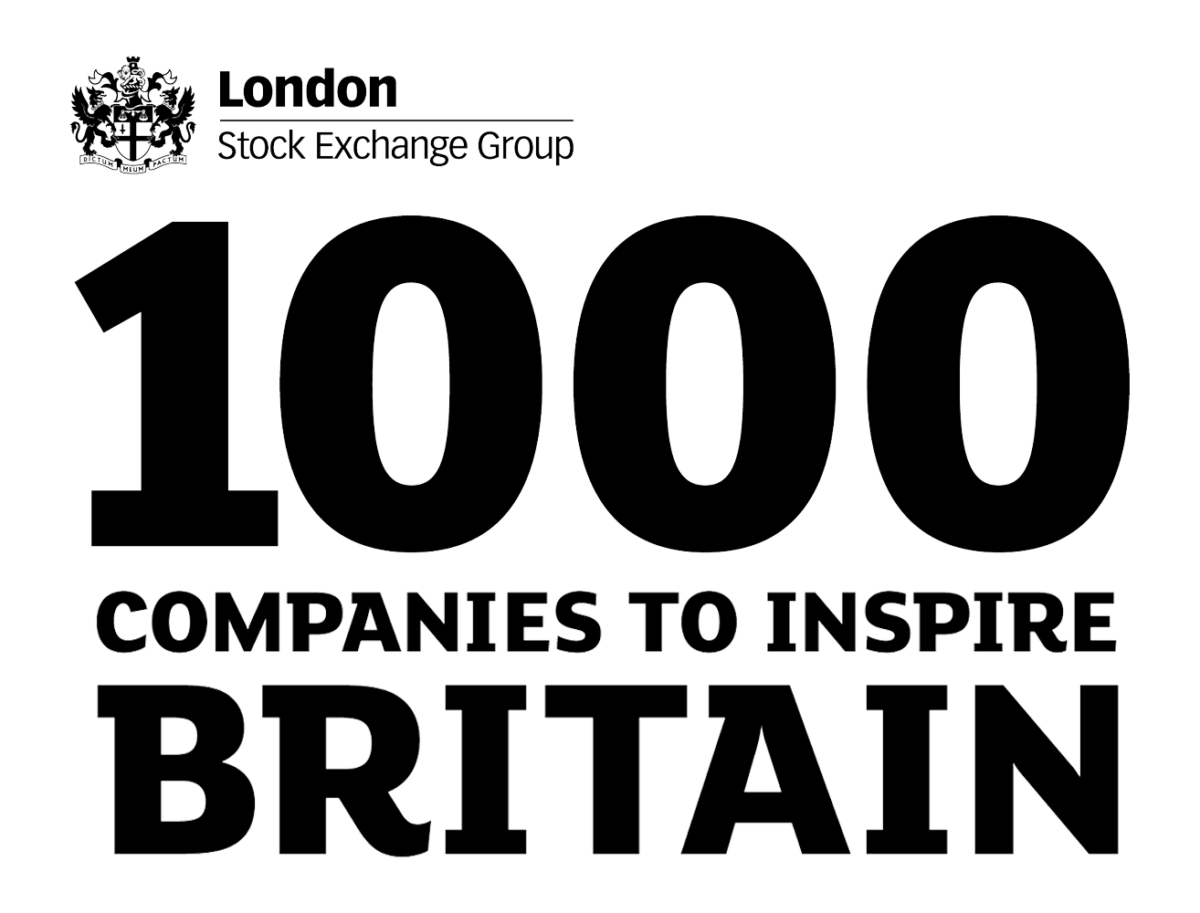





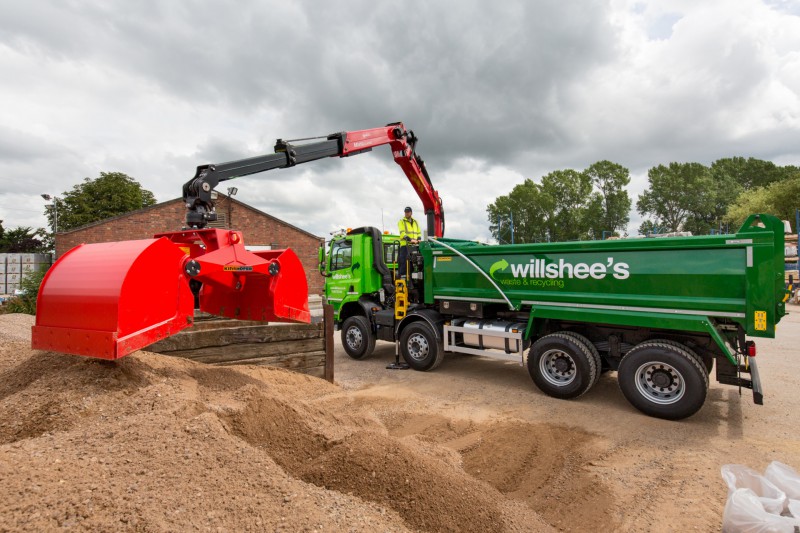


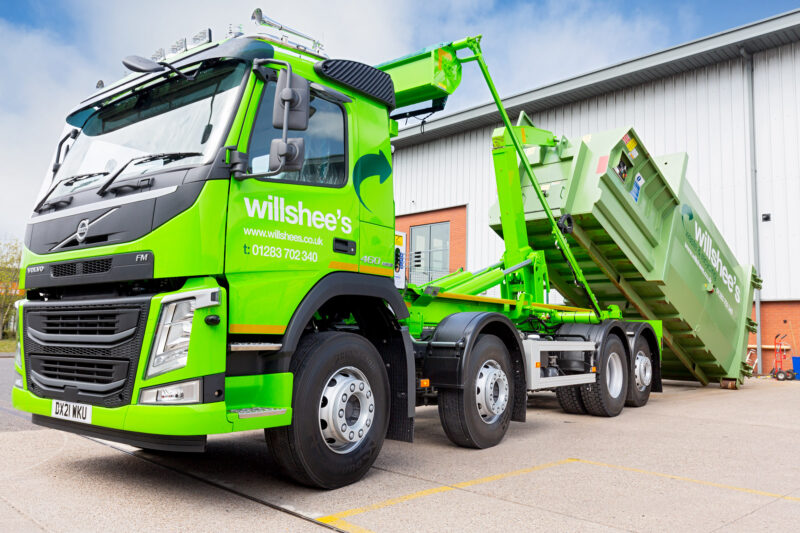
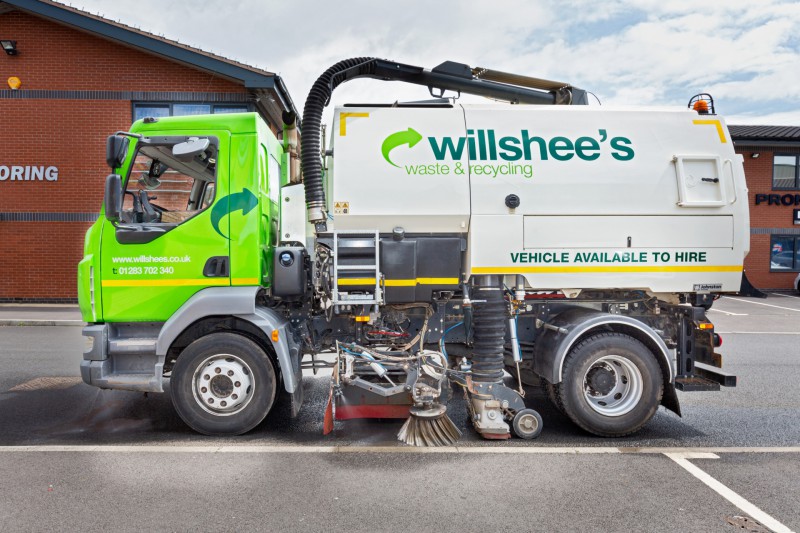
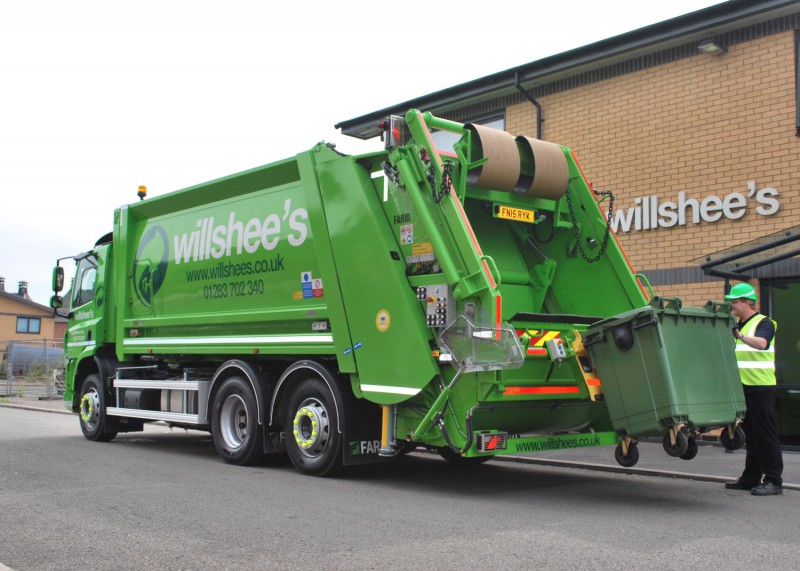
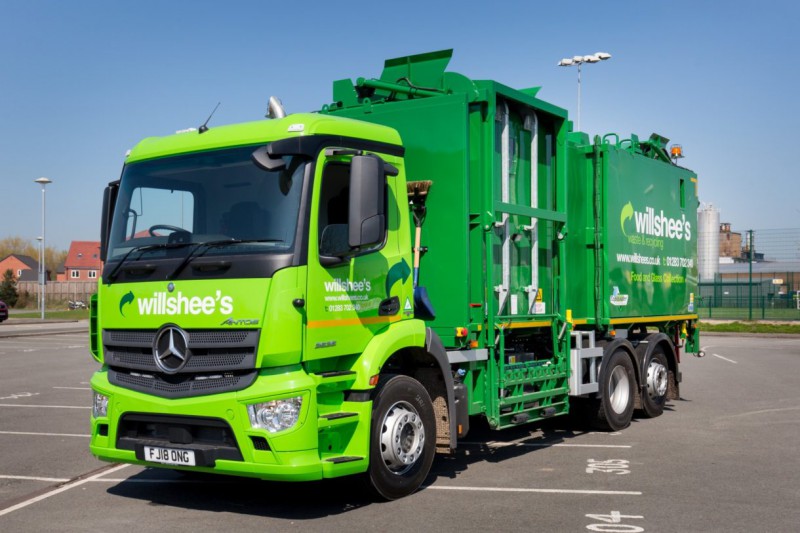
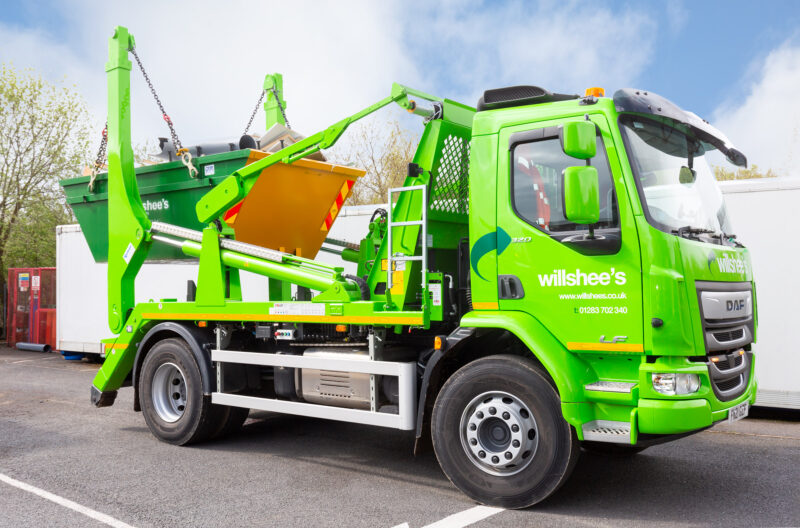
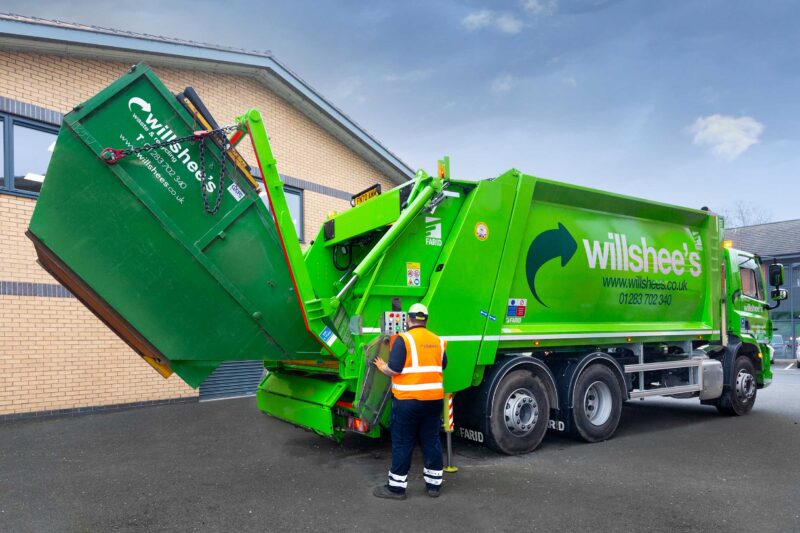



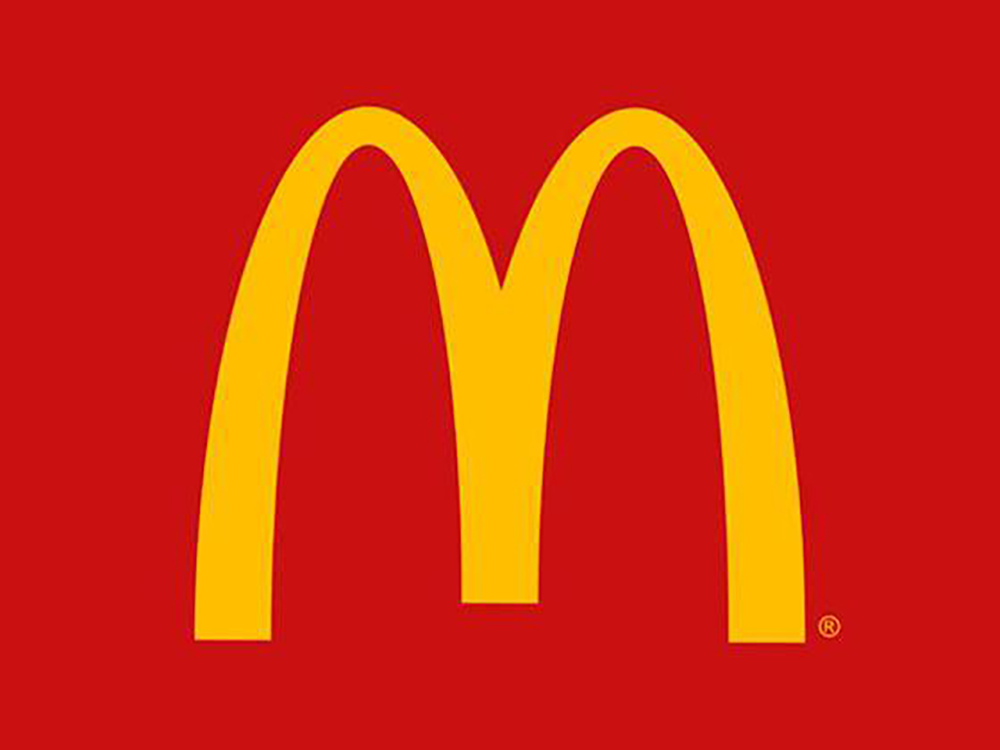
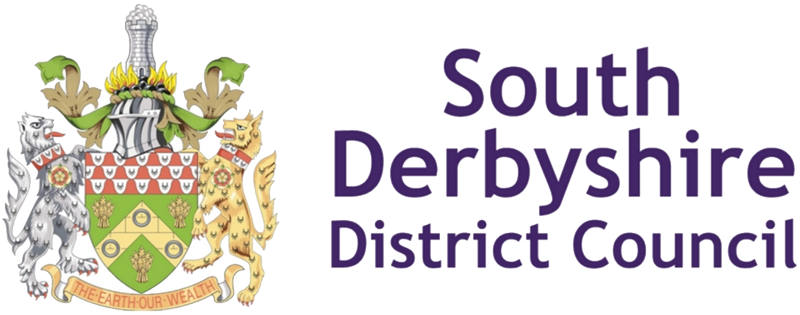

Social